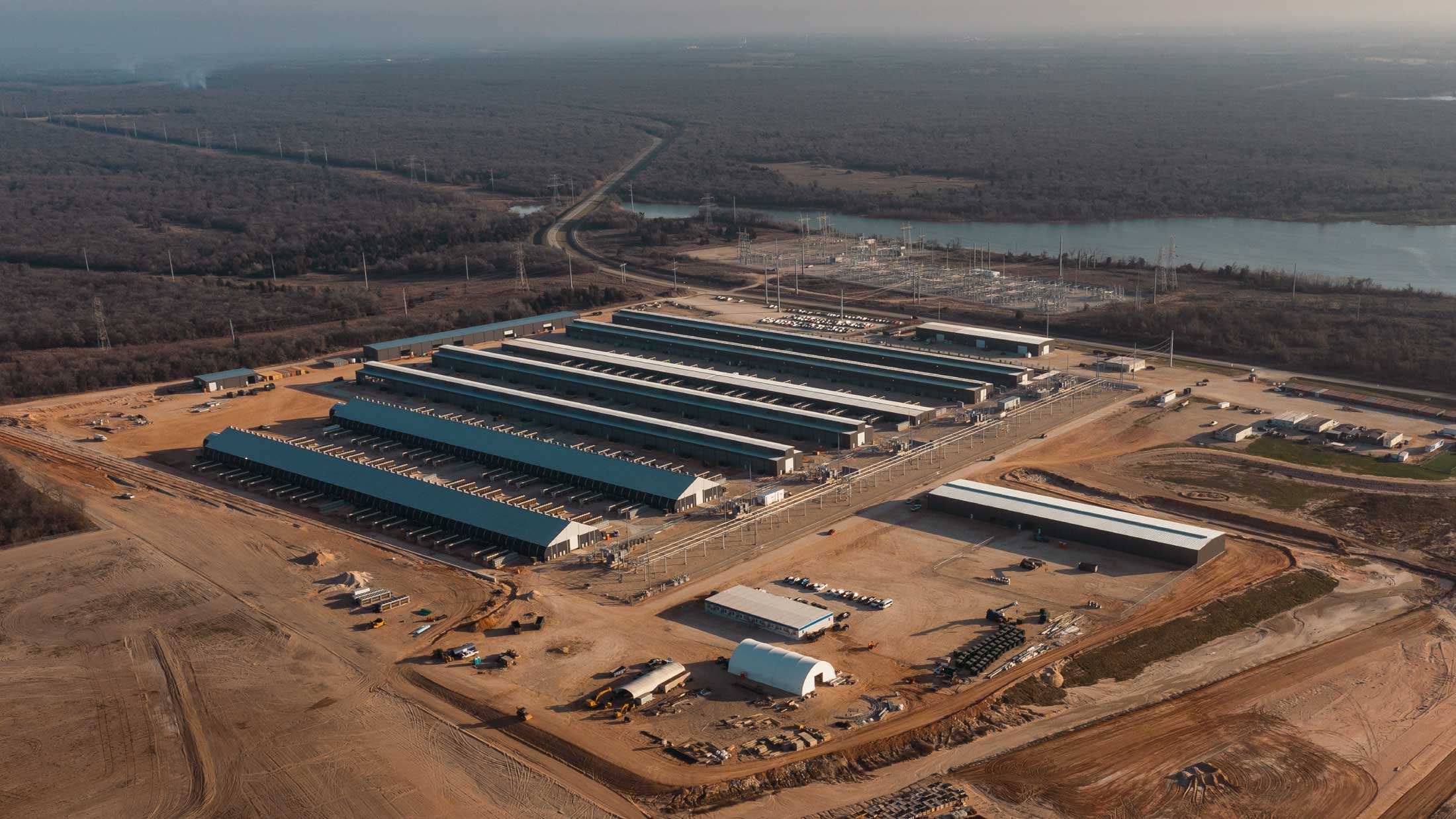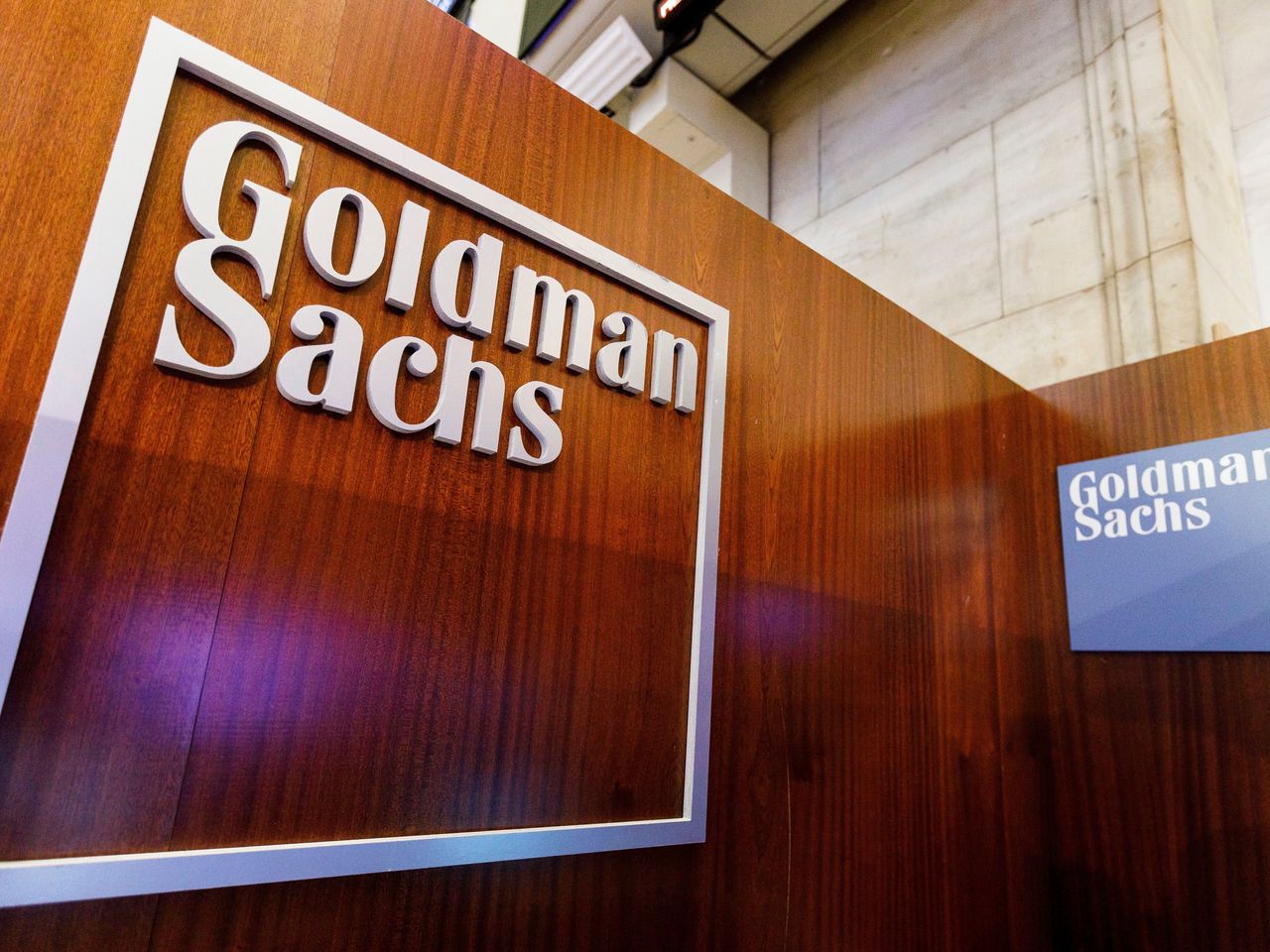Bitcoin miner Greenidge Generation will remain open in New York after winning a lawsuit against the State’s Department of Environmental Conservation.
The judge praises Greenidge’s stock and activities in New York, calling DEC’s decision inconsistent and erroneous.
The New York Supreme Court’s Judge Vincent Dinolfo ruled that the DEC’s decision to reject Greenidge’s application for a Title V Air Permit was arbitrary and illegal. He also criticized the agency’s interpretation of the law, saying that its conclusion lacked a reasonable basis under Section 7(2) of the Climate Leadership and Community Protection Act (CLCPA).
The dispute started in August when Greenidge sued the DEC after the agency rejected its request for an air permit for its factory in Dresden. The DEC’s decision was based on non-compliance with CLCPA regulations. Greenidge disagreed, claiming that the refusal was unreasonable and went beyond the DEC’s jurisdiction.
Greenidge was given a four-month operational reprieve, which allowed it to continue operations until September 8, even though its initial appeal was denied in May. This recent court ruling now guarantees its uninterrupted operation.
According to Greenidge, the decision was a triumph over political meddling in the rule of law. Although the CLCPA attempts to address climate issues, the corporation contended that it does not provide agencies the authority to circumvent legislative procedures or jeopardize livelihoods.
The company said:
“This decision highlights the growing importance of data center operations – whether supporting AI, digital currency, cloud computing, or other high-tech businesses – and how we can bring modern career paths to Upstate New Yorkers, who have waited far too long for the opportunity.”
The company pointed out that this ruling supports the idea that environmental objectives and economic growth may coexist. Greenidge emphasized its capacity to support the state’s climate goals while creating jobs and stimulating the local economy.
Additionally, Greenidge emphasized the financial consequences of DEC’s activities. Data from Google Finance shows that its stock price has decreased by around 64% so far this year. However, the company’s stock jumped by more than 55% at pre-market trading after the court’s favorable decision.



